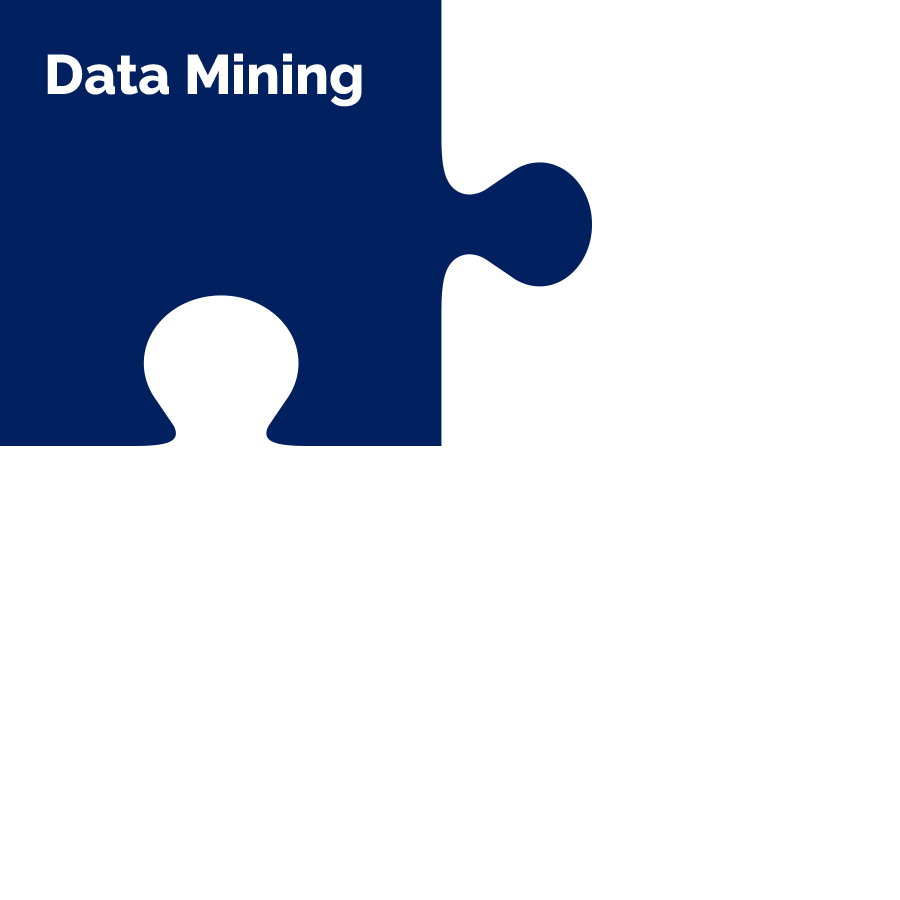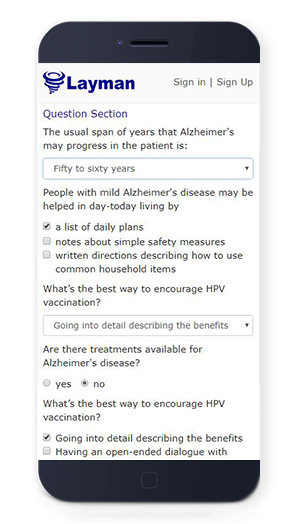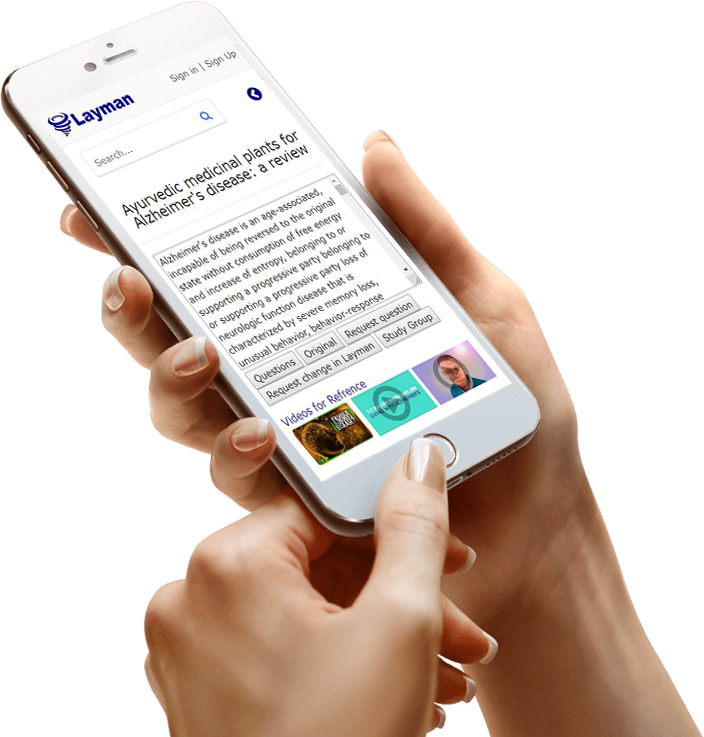








I am currently a biology teacher and research mentor at one of the best schools in NJ and in the nation, the Bergen County Academies in Hackensack, NJ. Prior to teaching at this school, which is a magnet school for gifted and talented students, I was Associate Professor of Genetic Medicine at the Weill Cornell Medical College in Manhattan where I had a research laboratory for many years. I mention this to make the point that I have great experience with the scientific literature, and with how difficult it is, even for medical and graduate students, to navigate the complex and jargon-laden language of these papers, on which their research depends. Due to my position at the high school, I was approached by a young company located in Hackensack called Layman. Their business is based on the premise that they can use artificial intelligence to translate complex publications into plain English or any other language, and not just in science, but in law, engineering and other fields where novices have difficulty with the terminology. I have seen demonstrations of this approach and I see this as significant breakthrough in education. It has the capacity to clarify opaque concepts to young people.

The team at Layman have developed an innovative web based platform for educators, students or anyone who wishes to improve their comprehension of complex science and technical topics. Layman has drawn upon the inquisitive nature of the human mind to enhance knowledge transfer by developing a machine learning application that permits the translation of complex material into understandable content. Importantly, the platform can be fine-tuned to the education level of the target audience. Thus, users with differing levels of education can achieve an enhanced understanding of advanced articles and documents covering a wide range of technical fields as well as legal and social subjects. Technology continues to expand into every aspect of our lives. Moreover, technological advancement plays a key role in the sustained growth and stability of the economy and is critical to keep the U.S. competitive. Layman’s innovative platform has the potential to stimulate a passion for careers in technology and more generally, promote collaboration and accelerate the growth of innovation.

Science articles are jargon-heavy that even as a science educator it is not easy to read. However, those jargons are a daily language that scientists use to communicate with each other. Thus, to pursue STEM careers, students have to fully understand and utilize this language. Up until that point, it is a stressful process for students as well as for teachers because it is hard to guide them to that point without losing their interest and attention. And Layman has a great potential not only for learning those language but also for getting involved in the communication process that scientists use. Students will be able to read science journals easily with a common language that Layman translates with an artificial intelligence, and keep track of their interest by posting questions to others who are also interested in the same area and even to the article authors. Also, teachers can prepare lessons that promote such interest just by clicking the key words!language, and not just in science, but in law, engineering and other fields where novices have difficulty with the terminology. I have seen demonstrations of this approach and I see this as significant breakthrough in education. It has the capacity to clarify opaque concepts to young people.
